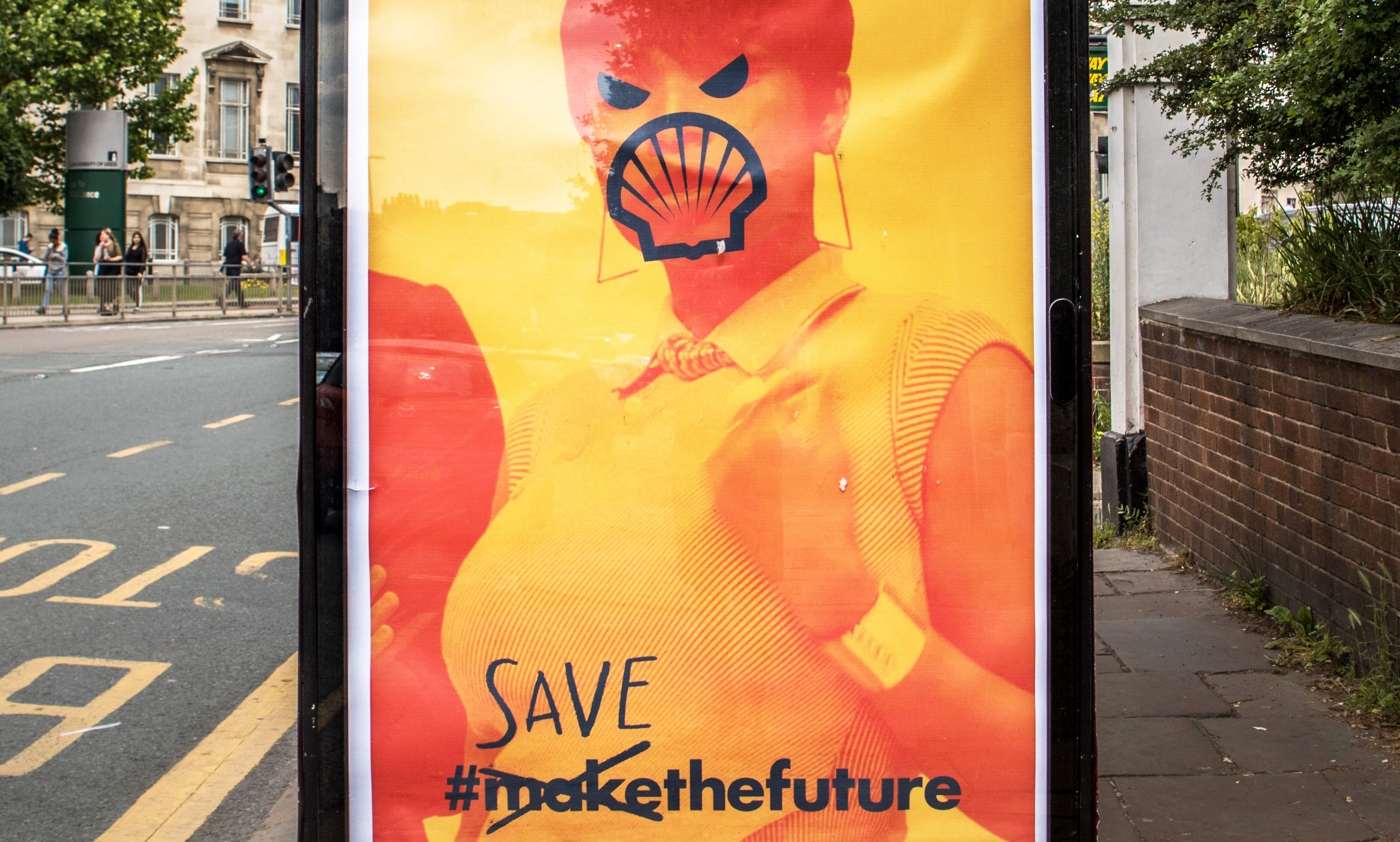All fossil fuel companies invest large amounts in PR campaigns in a bid to shape their public perception. But Shell has been one of the most active in this area, developing elaborately emotive billboard posters, slick television commercials and more, to give the impression that its business plans are ‘greener’ than they really are.
But with millennials increasingly concerned about the environment and climate change, Shell – like other oil companies – has struggled to recruit young people and persuade them of the future in fossil fuels.
To overcome this problem, Shell launched its ‘Make the Future’ campaign in 2016 with a video of five pop artists – Jennifer Hudson, Pixie Lott, Luan Santana, Yemi Alade and Monali Thakur – singing ‘On top of the world’. The track has now been viewed nearly 10 million times on YouTube.
The promotional campaign went on to win the Influencer award at the World Media Awards in 2017. Diana Altmann, Global Media Manager for Brand Communications at Shell, said at the time:
‘The ambition was definitely big from the onset, but the campaign has absolutely exceeded anything we’d imagined, and we were able to achieve something unbelievable for us as a brand.’
The video has cemented Shell’s perception among a large audience as being a company, to use the company’s own words, ‘celebrating cleaner energy initiatives’.
The word ‘cleaner’ is crucial as it allows Shell to create a narrative that not all fossil fuels are equal. Another core part of the campaign is a series of ‘Make the Future Live’ science festivals which, to date, have been held in countries including the US, Singapore and the UK. Targeted at schoolchildren, the festivals take the form of a large-scale Shell-branded science museum, with panel discussions and debates giving the impression of a company engaging thoughtfully in the discourse.
Amidst the workshops and celebrities is perhaps the main event: the Shell Eco-marathon. The race sees teams compete to travel the greatest distance possible on the lowest amount of fossil fuel possible. But rather than set the challenge of using renewable sources of energy such as solar, Shell creates a narrative where its core product – oil – is framed as part of ‘the future energy challenge’.
While Shell is eager to talk about Make the Future, the Eco-marathon and cleaner energy initiatives, the reality is that it still plans to put just 4-7% of its capital investment into ‘new energies’ in 2018-20.
